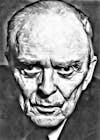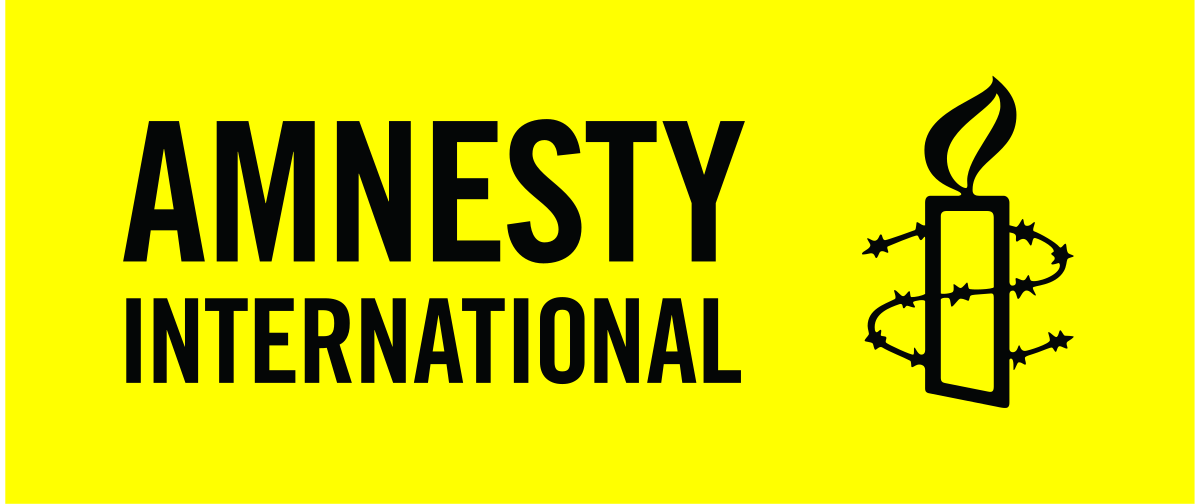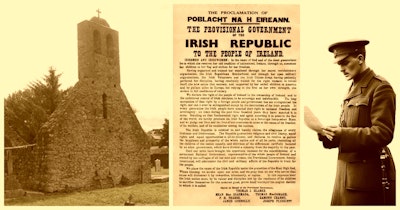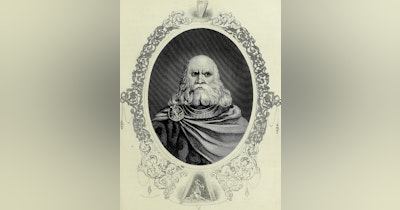The enigmatic Seán MacBride was born on January 26th, 1904, the son of nationalist, political activist and poetic muse, Maude Gonne. His father, Major John MacBride was a volatile man of action who had served in the Boer war against the British and supported the use of physical force against British rule in both South Africa and Ireland ultimately leading to his execution in 1916 . Both parents are commemorated in the poetry of William Butler Yeats, one adored, the other reviled.
Have you listened to our podcast? Get the latest on our Episode Page.
Born in Paris, Seán MacBride spent the first decade of his life in the French capital and carried a pronounced French accent for the rest of his life. Like his father, he embraced physical force violence and was active during the Irish War for Independence. Opposing the 1921 Anglo-Irish treaty, he continued to follow the way of the gun, rising to IRA Chief of Staff in the 1936.
With the 1937 passage of the Irish Constitution, MacBride left revolutionary violence behind, severing his relationship with the IRA. In that same year, MacBride was called to the bar and quickly established a reputation as an effective advocate rising to the status of senior counsel by 1943.
Dissatisfied with the politics of Éamon de Valera and his Fianna Fáil party, MacBride became leader of the newly established Clann na Poblachta in 1946. In the 1948 election, following 16 years of rule by Fianna Fáil, poor economic progress and mass immigration, Ireland was ready for a change, and MacBride along with ten of his party colleagues, entered Ireland's first coalition government as Minister for Foreign Affairs.
MacBride's tenure in government would yield it's share of controversies and the cohession of Clann na Poblachta came unglued during the 1950 controversary of the Mother and Child scheme when he demanded the resignation of his colleague and Minister for Health, Noel Browne. Browne had attempted to implement features of the 1947 Health Act and was virulently opposed by the Catholic Church who viewed the effort as undermining their centrality in Irish healthcare and opening the possibility to fully socialized medical care.
While MacBride had started his political career with revolutionary credo, he was now seen as subjugating himself to conservative Catholicism, his political career never recovered. Despite being re-elected to to the Dáil two more times in 1951 and 1954, MacBride never served in the Irish Cabinet again. His career in elective politics ended with the loss of seat in the 1957 election.
Subsequent to his political career, MacBride turned his focus back to the practice of law with a focus on Human Rights and in one of the more diverse careers in public life, he became more deeply involved in international institutions including the foundation of Amnesty International.
MacBride was awarded the Nobel Peace Prize in 1974 for his human rights work. He was awarded the Lenin Peace Prize the following year, one of only two men to share that distinction. He passed away on January 15th, 1988 and is burried with his wife and mother in Glassnevin Cemetery
You can read more about Seán MacBride’s extraordinary life at the Dictionary of Irish Biography entry



















